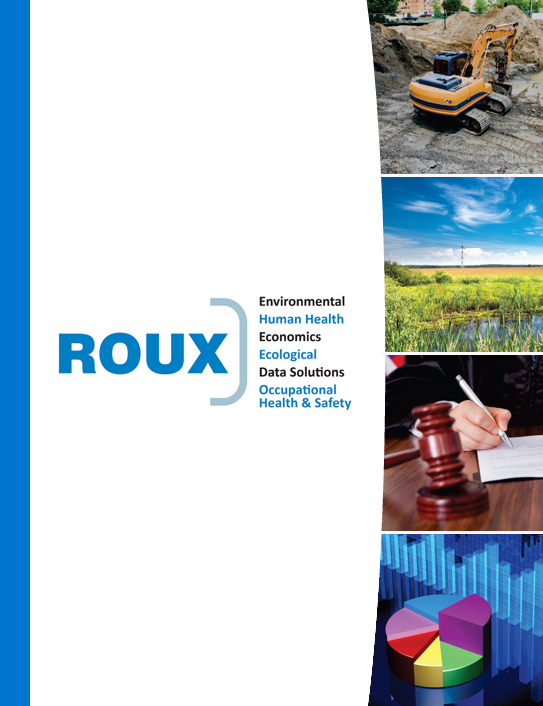Increasing Volumes of Produced Water are Raising Alarms
There is growing concern over the long-standing practice of disposing produced water through injection into saltwater disposal (SWD) wells, due to occurrences of induced seismicity, blowouts, and surface deformation. Moreover, the increasing volumes of produced water are raising alarms due to disposal capacities being strained and increased regulations on the methodologies. In the Delaware Basin alone, nearly five barrels of produced water are generated for every one barrel of oil. Given this scenario and the recent updates to Texas Railroad Commission regulations regarding oilfield waste management, the treatment and reuse of produced water is gaining increased focus.
What does this mean for the oil and gas industry?
Implementing produced water treatment measures for the purpose of beneficial reuse or surface discharge will significantly reduce the volumes of produced water that require subsurface injections, facilitating long-term sustainable operations. Reuse of treated water for industrial operations such as drilling, completion, and fracking will reduce the dependency on freshwater resources and will serve as a reliable supply even during water stress conditions, such as droughts.
What can Roux do to help?
Roux can assist with the design of produced water treatment processes as well as provide guidance on evolving regulatory requirements with respect to treatment and reuse of produced water. Owing to the complexity of the produced water composition and the variability of the composition, which is dependent on the source of produced water generation, Roux understands that a singular treatment approach across all applications may not be the most effective method.
Roux’s team of engineers can assist with the analysis of raw produced water, evaluate treatment technologies, and engineer tailor-made treatment solutions to achieve effluent qualities that are suitable for specific reuse purposes and comply with established regulatory standards. Roux has an excellent working relationship with oil and gas regulatory agencies and can effectively communicate with the agencies on behalf of clients. Roux’s team can also help with pilot studies for produced water treatment.
To learn more about Roux’s produced water treatment process designs, regulatory guidance, and wide range of engineering expertise, please contact our team below.
